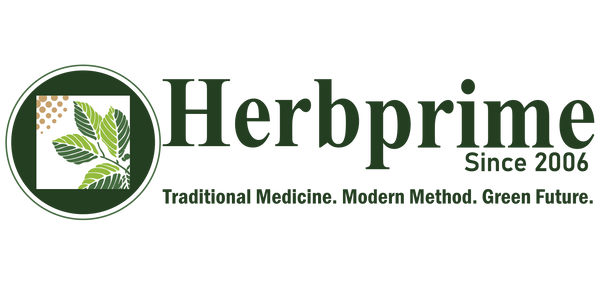Global Certifications: GMP, TGA, and PIC/S
Trusted Quality and Excellence

Understanding Manufacturing Certifications
Manufacturing certifications reveal the quality of the facility, organization of operations, adherence to important procedural steps, and control over quality and safety and how they are implemented and recorded. Sun Ten has received GMP, TGA, and PIC/S certifications, underscoring its commitment to excellence.
Key Certifications by Region
United States – SUN TEN Laboratories
In 2010, SUN TEN Laboratories received certification through the National Products Association (NPA) as a GMP-compliant dietary supplement manufacturing facility. In 2015, SUN TEN Laboratories earned NSF International Certification from the Public Health and Safety Organization.
Australia
In 1992, SUN TEN became the first Chinese herbal extraction manufacturer from Taiwan to obtain GMP certification from the Australian Therapeutic Goods Administration (TGA). Additionally, SUN TEN is the only Chinese herbal extract manufacturer from Taiwan to receive PIC/S GMP certification from Australia’s TGA, achieving this in 2004, 2006, and 2009.
Japan
Since 1975, SUN TEN has been exporting to Japan. SUN TEN was the first TCM manufacturer from Taiwan to qualify for reimbursable prescriptions under the Japanese Health Insurance Plan. Moreover, it was the first Chinese herbal extraction manufacturer from Taiwan to be accredited as a Foreign Manufacturer in Japan.
Malaysia
In 1996, SUN TEN products were approved for an Import Drug License by the Drug Control Administration (DCA) in Malaysia.
Taiwan
In 1988, SUN TEN was among the first Chinese herbal extraction manufacturers in Taiwan to receive GMP certification.
Understanding Sun Ten's Certifications
Good Manufacturing Practices (GMP)
Good Manufacturing Practices (GMP) outline the production and testing standards required to create a quality product. GMP guidelines apply to the manufacture and testing of active pharmaceutical ingredients, diagnostics, foods, dietary supplements, pharmaceutical products, and medical devices. Many countries mandate GMP compliance for pharmaceutical and medical device companies.
Therapeutic Goods Administration (TGA)
The Therapeutic Goods Administration (TGA) ensures that therapeutic goods available in Australia meet acceptable standards. This includes medicinal products containing herbs, vitamins, minerals, nutritional supplements, and more. Complementary medicines, including TCM products exported to Australia, require TGA listing, with TGA GMP certification as a prerequisite.
Pharmaceutical Inspection Convention and Pharmaceutical Inspection Co-operation Scheme (PIC/S)
PIC/S refers to international pharmaceutical inspection authorities that set cohesive GMP standards and quality systems. PIC/S harmonizes GMP practices globally, facilitating international commerce while maintaining strict approval processes. Australia’s TGA, a participating authority, bases its GMP inspections on PIC/S guidance.
